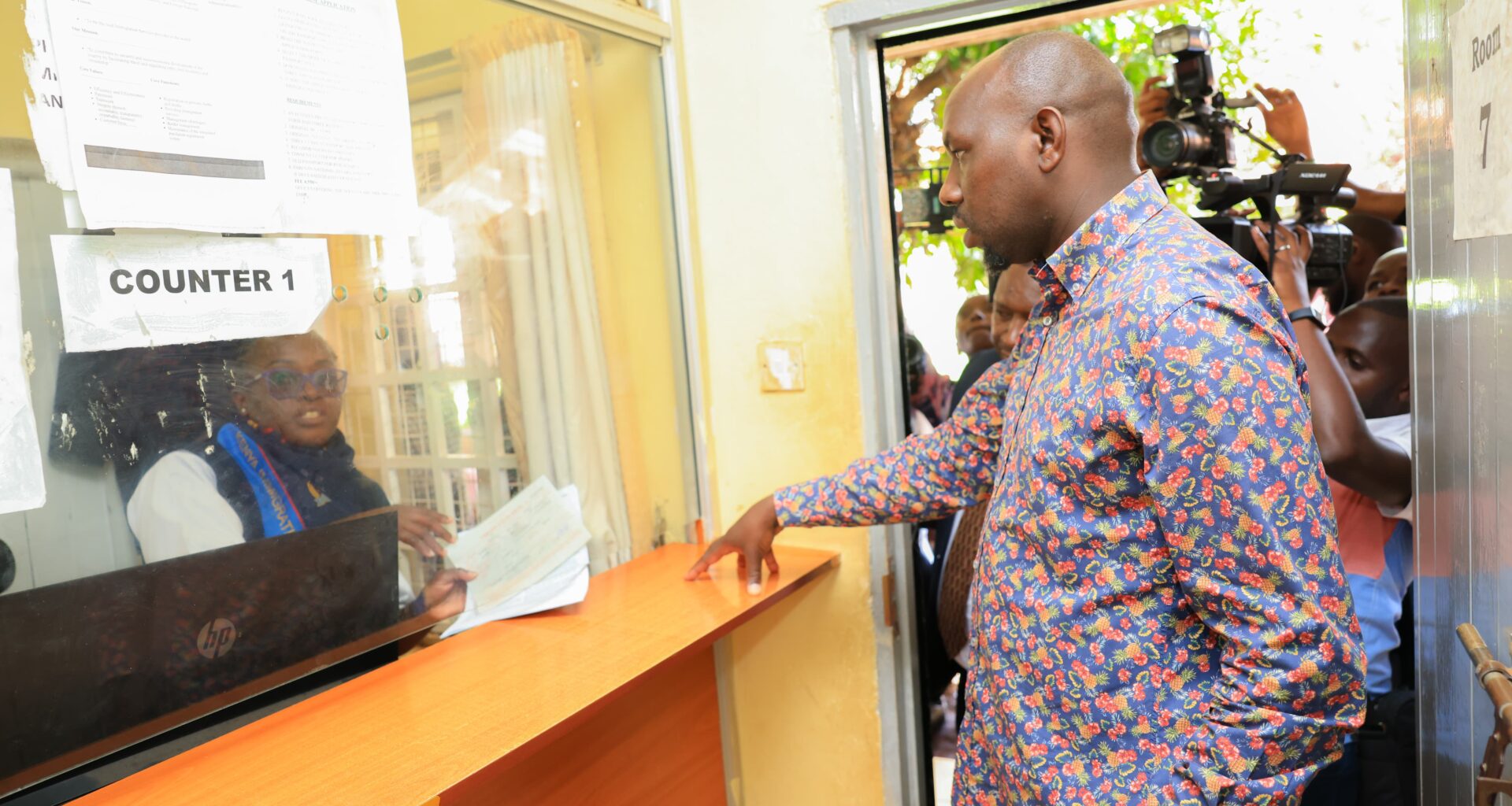More than six decades after independence, Kenya’s civil service still bears the heavy imprint of its colonial past. The ghost of the British administration lingers so strongly that tyrannical bosses are still mockingly referred to as Mkoloni — “the colonialist.”
The system was designed to serve colonial interests, not the people. After independence, it simply changed hands. The service became a tool of political patronage, controlled by a small educated elite who used government jobs to reward loyalty rather than competence. With Kenya lacking major mineral wealth, the civil service became one of the country’s biggest political bargaining chips, and tribalism soon found fertile ground, particularly in the security sector.
After the failed 1982 coup, President Daniel Arap Moi turned to his tribesmen to cement control over key security institutions. The police force, for instance, became heavily influenced by the Kalenjin community. At the Kenya Police College in Kiganjo, Nyeri, recruits from other tribes reportedly began adopting their instructors’ heavy Kalenjin accents, a symbolic reflection of how deeply ethnic dominance had seeped into the service.
In the 1980s and 1990s, the civil service was both feared and revered. Tales still circulate of dreaded education officials who carried interdiction letters in their breast pockets as they inspected schools. Kiambu District Commissioner, Fred Mwango, once publicly shaved a teacher’s head as punishment, while Hezekiah Oyugi, then a primary school headmaster, is remembered for flogging parents who failed to pay school fees, a display of authority that so impressed President Moi that Oyugi rose through the ranks to become Head of Internal Security. Decades later, Education Cabinet Secretary George Magoha would be photographed forcing teachers to collect garbage in Uasin Gishu County, a scene echoing the old culture of fear and unquestioned hierarchy that has long defined public service.
These anecdotes underline one thing: government jobs are still seen as positions of immense power — and thus remain among the most coveted in the country.
Patronage Over Progress
Because of this allure, successive governments have been reluctant to implement real reforms. Modernizing the civil service would strip it of its role as a reward system for political allies and tribal cronies. In the early 2000s, for example, the government resisted structural reforms even as the Kenya Posts and Telecommunications Corporation became obsolete due to mobile technology. Despite pressure from the World Bank and IMF to retrench redundant staff, the state retained a bloated workforce.
The ripple effects were far-reaching. Many professionals, particularly teachers and nurses from the Kikuyu community, migrated to countries like Botswana and Namibia in search of better opportunities, leading to the now-familiar “brain drain” that still affects Kenya’s skilled workforce.
Power, Corruption, and Stalled Reform
What continues to attract people to the civil service today is not public duty but unchecked power. In 2019, President Uhuru Kenyatta attempted to curb corruption by proposing a bill to bar civil servants from running private businesses. Drafted by then-Attorney General Paul Kihara, the bill never saw the light of day, a casualty of the very corruption it sought to eliminate.
Decades of inefficiency have bred a corrupt brokerage system, an informal network of middlemen who “facilitate” access to government services in exchange for bribes. While digitization and automation have reduced petty corruption, graft has simply shifted upward. The recent exposé involving the Social Health Authority (SHA) and Social Health Insurance Fund (SHIF), where overseas bank accounts were allegedly linked to individuals in government, shows how corruption has merely evolved with technology.
A Generation at Odds
The civil service now faces another crisis: a widening generational gap. Most senior and mid-level officials belong to the Baby Boomer (1946–1964) and Generation X (1965–1980) cohorts, while Millennials (1981–1996) and Gen Z (1997–2012) remain grossly underrepresented, despite youth making up the majority of Kenya’s population, according to the 2019 census.
Recruitment freezes, nepotism, and tribal favoritism have locked out young professionals, leaving an aging workforce at the helm. By 2022, retirements were outpacing new hires, creating an impending leadership vacuum. The few young employees who enter the service often clash with older colleagues over work culture, communication, technology, and work-life balance.
These tensions, compounded by inflation and stagnant wages, have taken a toll on morale. Reports of rising alcohol and drug abuse within government offices, gambling addiction, and even suicides are becoming alarmingly common.
A Service in Need of Renewal
Despite numerous reports, commissions, and research studies outlining what must change, reforms remain largely superficial. The post-COVID reality, characterized by economic strain, low morale, and growing public distrust, seems lost on policymakers.
The Kenyan civil service stands at a crossroads. Without genuine reform, modernization, and youth inclusion, it risks collapsing under the weight of its own stagnation. The colonial ghost still looms large, but whether it continues to haunt the halls of power depends on whether Kenya finally chooses to exorcise it.
John Maina Githinji is a Socio-Economic and Political Analyst






